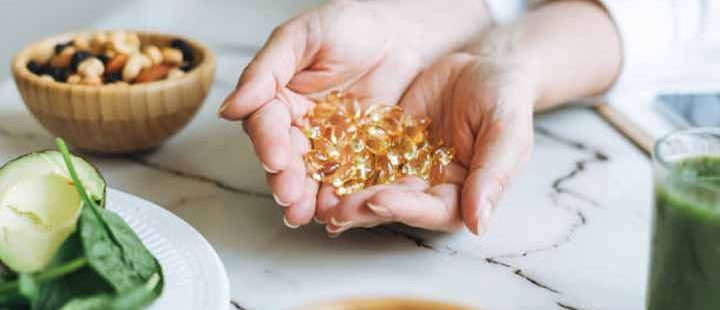You may wonder, how does weight loss affect your body? Losing weight has several effects on the body. Inflammation, reduced muscle mass, and lower metabolism are some of the effects. Inflammation in the gut is another problem. These conditions may result in various health issues, including anaemia, decreased metabolism, and anaemia. But, what exactly are these problems? Here are some of the answers to your questions.
Exercise is key to weight loss

Performing physical exercises has a multitude of health benefits. Apart from Weight Loss Supplement Reviews, exercise also promotes overall fitness, brain health, and heart health. The benefits of exercise are endless, and it is essential to make it a part of your daily routine. In addition to weight loss, exercise is good for a person’s general health, and can help them keep up with their children. Whether you are overweight or not, functional fitness is important.
Physical activity burns a small percentage of the calories you eat, but a regular regimen of aerobic exercises can provide several health benefits. According to obesity researcher Alexxxi Kravitz, aerobic exercise can boost energy expenditure by altering molecular signaling in fat cells. This can improve insulin resistance, which is essential for weight loss. It can also reduce your calorie intake. Combined with a low-calorie diet, exercise helps create an energy deficit.
Loss of muscle mass leads to decreased metabolism rate
When you lose weight, you will notice that your metabolic rate will be lower than usual. This is because muscle mass burns more calories at rest. According to the National Institute of Diabetes and Digestive and Kidney Diseases, a pound of muscle burns six calories per day while a pound of fat burns only two. Losing muscle mass also leads to weight loss, which can slow down your metabolism.
In the study, participants’ RMR fell by 101 + 12 kcal/day. The total RMR decrease was accounted for by loss of energy-expending tissues and metabolic adaptations, and loss of skeletal muscle mass did not significantly contribute to the reduction. However, losses of adipose tissue and fat mass did contribute to the RMR reduction. Despite the resulting loss of muscle mass, the RMR was still lowered.
Loss of nutrients can lead to anaemia
If you’ve been losing weight and your blood iron levels are low, you may be suffering from anemia. If you’re anemic, you may experience fatigue, weakness, brittle nails and hair, and ringing in the ears. In addition to these symptoms, some types of anemia can lead to more serious problems. People who have sickle cell anemia, for example, could develop enlarged heart and an irregular heartbeat. People suffering from anaemia should seek medical attention if they experience these symptoms.
The most common cause of anaemia is iron deficiency, but other nutritional deficiencies can cause the condition. A diet lacking in iron or folate can result in anaemia. Some people also have a disorder that affects red blood cells called hemoglobinopathies. Additionally, anaemia can be a sign of another illness, such as infection. Your healthcare provider can help you determine whether or not you’re suffering from anaemia.
Inflammation in the gut causes weight loss
Many of the foods you consume affect your gut, making it difficult for you to lose weight. Foods that help fight inflammation include green leafy vegetables, organic fruits and fish, and fermented foods. Fermented foods are especially good for your gut because they contain live bacteria cultures. These bacteria can help your body fight off disease. You can find some great probiotics in sauerkraut and kimchi, among other foods.
Gut bacteria are the lining of our intestines. These bacteria may affect the amount of energy we absorb from food and how many calories we store as fat. A study of 77 pairs of twins found that obesity was associated with lower gut bacteria diversity and fewer kinds. The study also showed that obese mice developed more fat when their gut bacteria were transferred into their bodies. The findings are promising. For a better diet, try eating foods that promote the growth of healthy gut bacteria.
- How a Real Estate Agent in Brevard County, FL Can Help You Save Time and Money? - January 17, 2025
- A Comprehensive Overview of Virtual Office Space Solutions for Businesses - January 1, 2025
- How Sports Nutrition Supplements Support Mental Focus and Clarity? - December 26, 2024

